💡Not Every Book Must Change Your Life
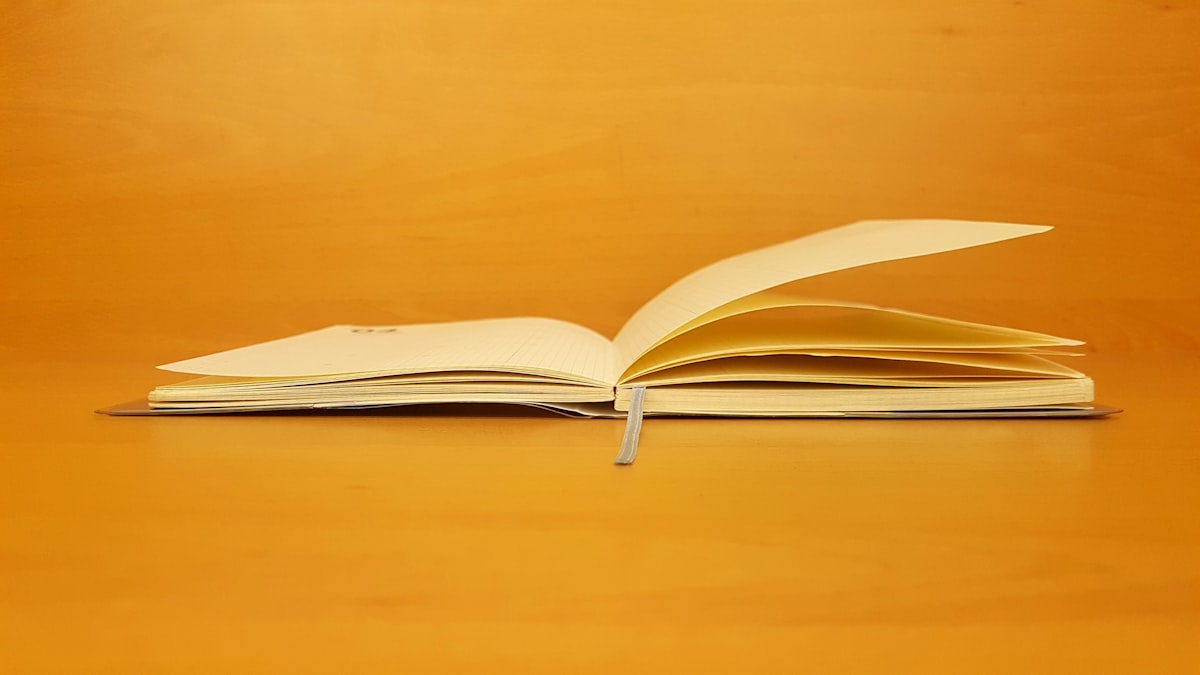
Contrary to popular wisdom, a book you never act upon or retain insights from can still have value. This idea conflicts with the philosophy many more advanced readers spread today.
I'm a part of this crowd. I believe reading retention and implementation are essential. Most people don't think about them enough inside their reading habit. But today, I wanted to look at the other side of the argument.
What's the case for reading more advice than you actually use or retain? Is there a healthy balance between implementation, retention, and reading?
⚡Implementation and Retention Takes Way More Effort Than Reading
Let's first discuss the major problem with implementation: it takes time. If you try to implement every sentence of every book, you would never have time to read.
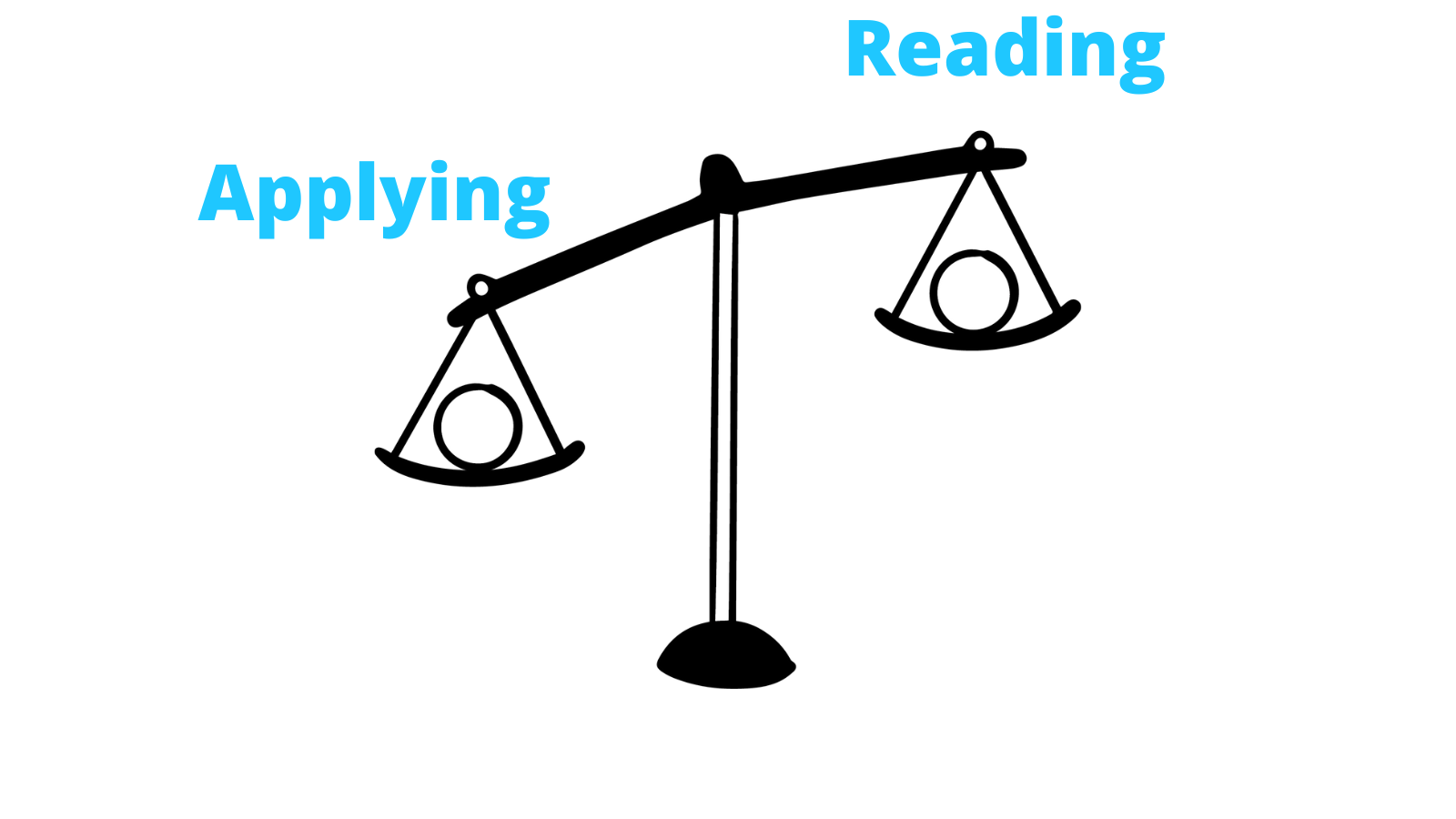
Likely, you would stop reading altogether, feeling drained, frustrated, and bored.
Imagine fully implementing even one idea from a typical microeconomics book. For example, take the concept of diminishing returns. This is a phenomenon in Microeconomics in which doing more and more gets less effective over time. This single idea is so profound in its implications you could spend your entire life trying to implement every part of it.
Comparably reading books is cheap, literally. Kindle editions of books cost less than a meal. If you borrow from a library or friend, it's free. Even the time cost of reading is fairly low. Read thirty minutes a day, and you can easily read more than two dozen books a year.
Next, we have retention. Storing things in long term memory takes energy. If we want to remember something long term, we must study it using spaced repetition technique and active recall.
But not everything in books should be ingrained in long term memory. Most books have tons of supporting anecdotes, evidence, and background details. If you tried to remember every fact, every detail, you would have no time to read.
This imbalance suggests you should read many books, implement a few, and retain only the most important ideas. As we will now learn, the "unused" books you come across during this process still have lots of value.
💰Why Unimplemented Books Still Have Value
Let's go over the main value of "unused" books in no particular order:
Good Books Change The Conversation
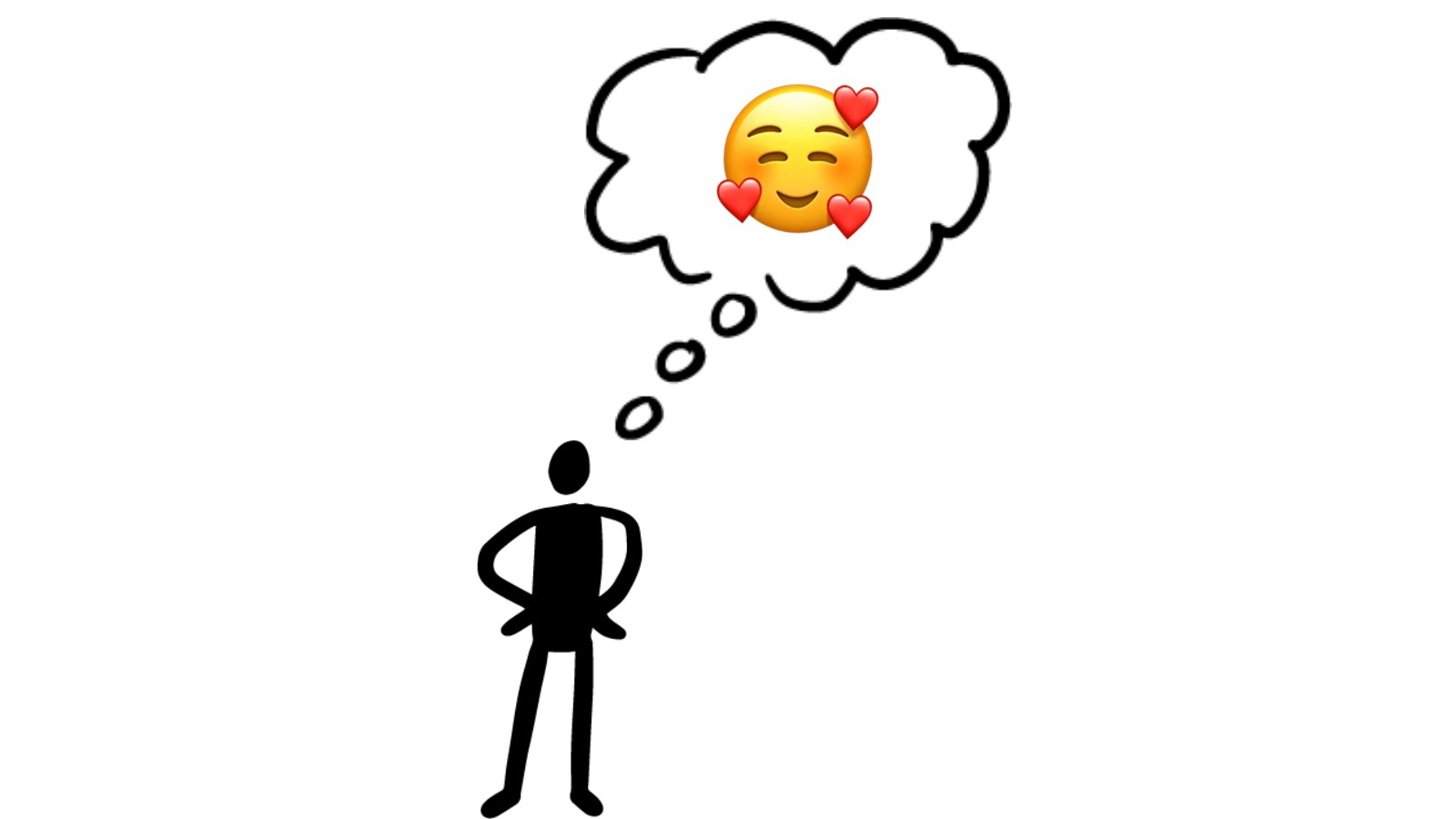
Reading good books changes the way you think. Sometimes this will result in you taking a different plan of action. Often, it will simply adjust your thinking in a new direction you might not have considered before.
For example, I have ingrained an optimistic thinking mindset by reading so many books with optimistic authors. When times get tough, I automatically spin things into a good light.
Reading Gives You Broader Scope of Ideas
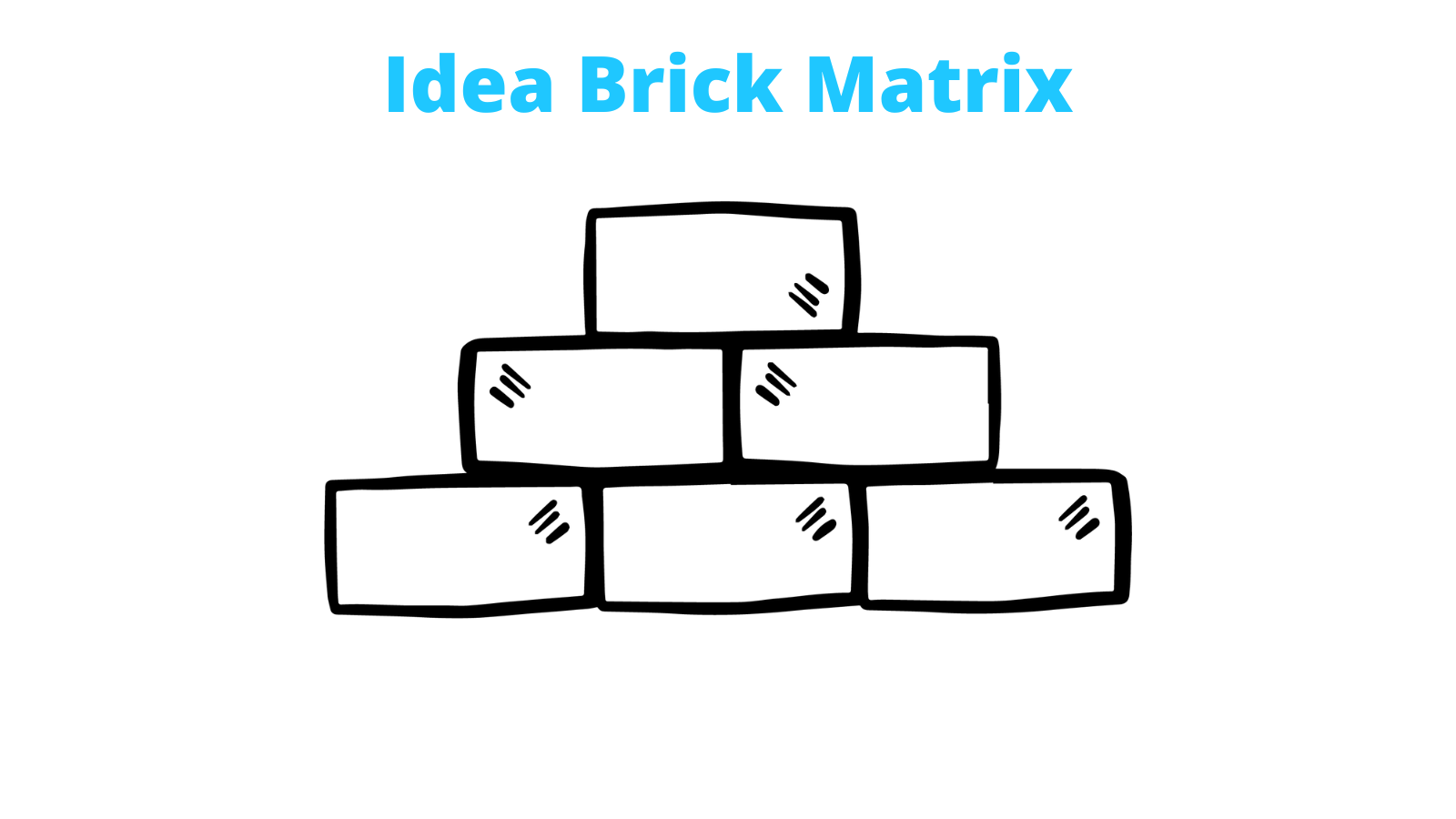
Everyone has a list, whether conscious or subconscious of what they would like to do with their lives. This list is primarily a product of your upbringing and culture. I would like to start a podcast, climb to Machu Pichu, and write a book, to name a few.
Reading lots of books doesn't guarantee completion of this list. But it certainly makes the quality of your list get higher. As you read about new topics, you will find more cool things to add to your list.
Reading Limits Bad Choices
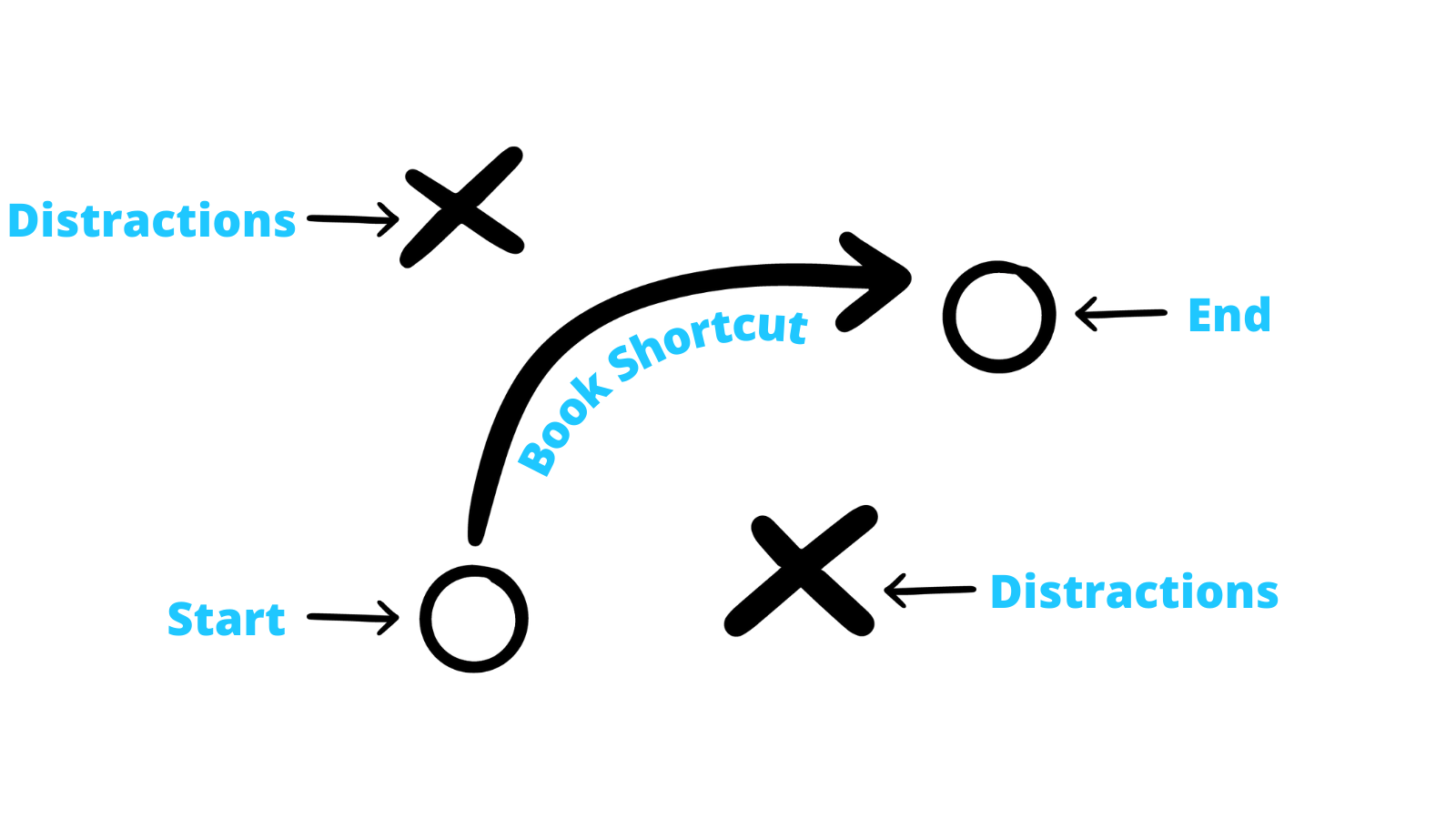
Often, the things you don’t do after reading a book justify the investment cost. A good book steers you away from strategies that don't work. I call this Addition Through Subtraction (ATS).
It's a concept you see everywhere in life. For example, one of the simplest ways to live healthier is to simply subtract soda from your diet.
You Never Know When You Might Use Your Notes
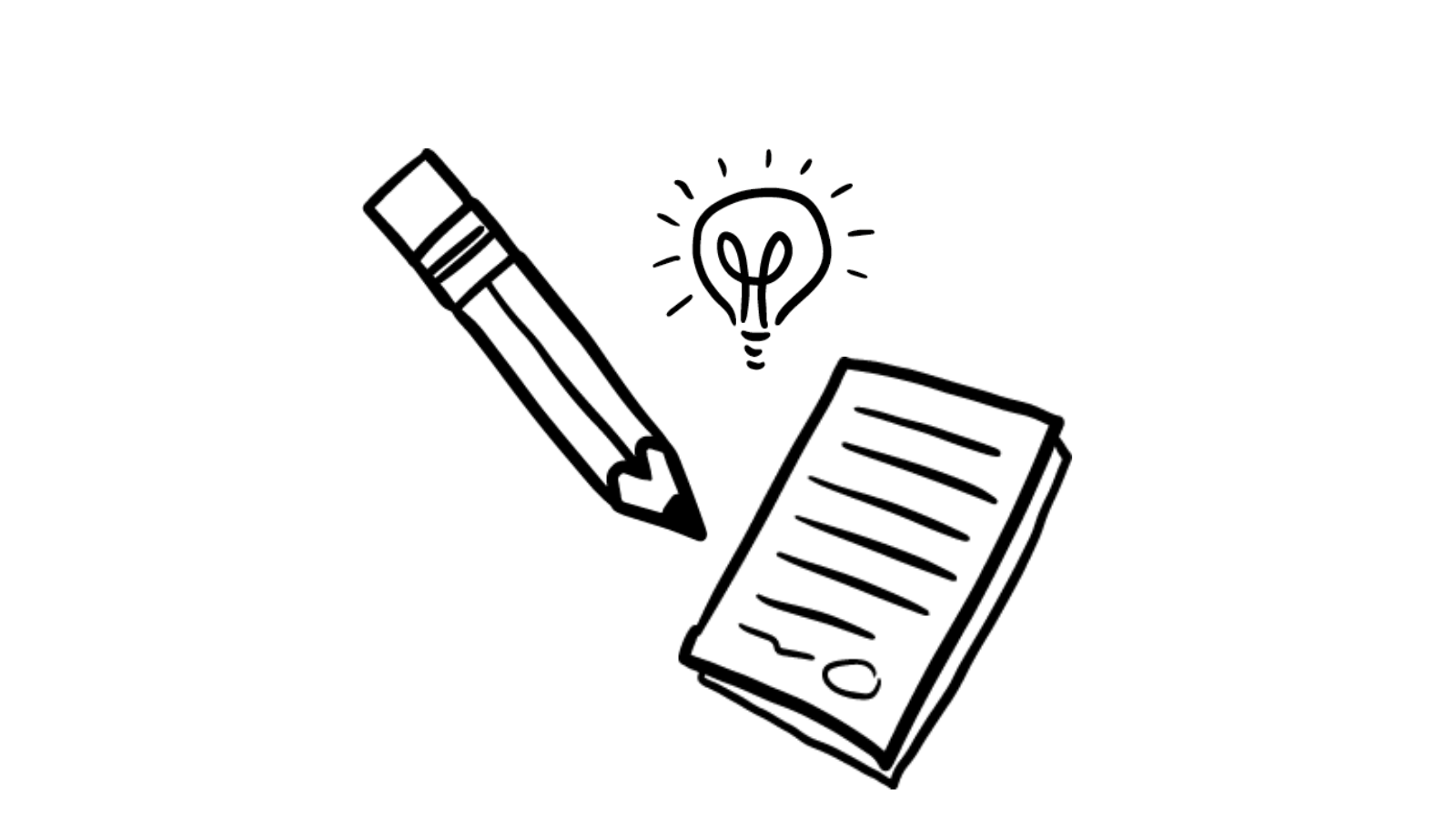
Who's to say an "unused" book won't someday get used? If you take notes from your books (which I strongly recommend), there's no telling when they might come in handy.
Your book notes on home renovation would be invaluable if you needed to replace your leaking bathtub. Your book notes on vegetarian cooking could prove invaluable if your friend asks you for some vegetarian recipes.
Reading As A Hobby is Still Valuable
What if you want to read as a hobby without implementation or retention? Many of us cringe at the word hobby. Someone with a hobby, say collecting rare mushrooms, is often seen as not participating in “real life” as energetically as they should be.
But hobbies still have tremendous value. Reading as a hobby increases patience, sparks joy, and allows you to wind down. Not everything has to be for productive output.
Sometimes, Books do Change Your Life
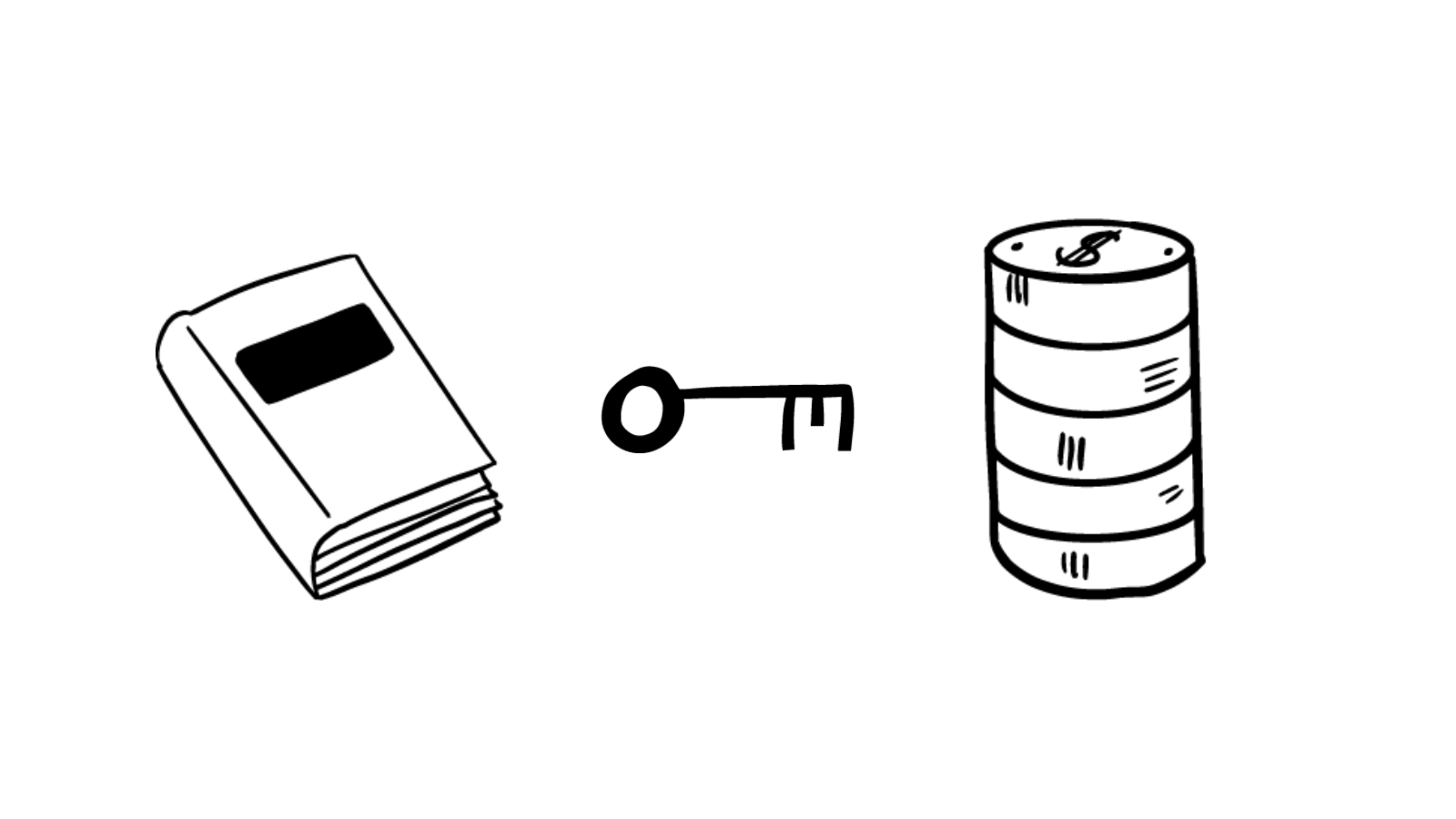
Although on average most books you read won't change your life (and if they do, you're not reading nearly enough books), some books certainly will. In this way, books are like good lottery tickets.
Lottery tickets are usually bad investments because, cheap as they are, you typically lose. Good books, however, are great because they're cheap, and if you read enough, a few are bound to change your life.
I will end by giving you three lottery ticket winning good books as suggestions for books you do implement or retain insights from. You can get them using my affiliate links here:
Thanks to Astrid Helfant and Murray Helfant for the conversations which helped form this blog post.
